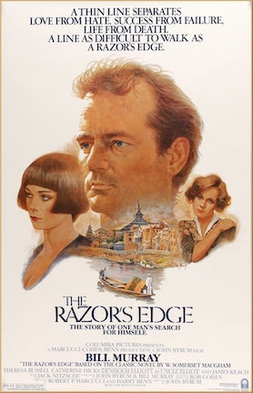Like my Papa used to say, “Never wrestle a pig, you both get dirty but the big likes it.”
I’ve shared that quote before and also said, ‘Bad ideas get unwarranted publicity when the battles get messy… and the weak-minded get fuel to oppose good ideas when those with the good ideas act in bad faith. You do not have to ‘turn the other cheek’ but you do have to act in a way that is decent and good, if you want to fight for things that are decent and good.‘
Recently, across many social media platforms, I’ve seen people using the strategy of sharing hurtful, mean, and ignorant comments from internet trolls, and doing one of two things: 1. Calling out the person for being mean (or essentially saying ‘ouch’ or ‘look at this idiot’). Or, 2. Sharing it to launch an attack.
While I get why, and understand that sharing like this can garner sympathy, or feel like a way to vindicate yourself, or attack the attacker… this is a bad idea! It’s pig wrestling.
These people aren’t worth your time. They don’t deserve you, or those who follow you on these platforms, as an audience. Don’t surrender your time and energy to them. They. Aren’t. Worth. It!
Delete the comment, block the idiot.
Let me say that again: You get a rude/mean/nasty comment on a social media post, so what do you do?
1. DELETE 2. BLOCK.
… and move on. They don’t deserve your time; they don’t deserve your attention; they don’t deserve your mental energy. So why give it to them? Why allow them more time in your thoughts than they deserve?
They are pigs. Don’t let them get you dirty just because they like to get dirty. And hey, I get that it’s hard to turn the other cheek sometimes, and if they threaten you in some way, then sure, take it seriously. But most internet trolls are playing a game, they are purposefully trying to engage and enrage you. To steal your time and attention, and to hurt your feelings. The act of mud wrestling with these losers helps them win.
You want to strike back at these mean people making mean comments? Diffuse their energy by not giving them any of yours: Delete. Block. And move on to spend time and energy on people that are better than them.
——–
Addendum: I’m not suggesting you delete and block people just because they disagree with you, this is only about comments with malice intent. We don’t learn from them but we can learn from people who disagree with us.
——–
I wrote this a decade ago:
I remember watching The Razor’s Edge years ago. Bill Murray plays Larry Darrell a taxi driver ‘in search of himself’ who at one point serves as an ambulance driver in World War II. His partner/co-attendant Piedmont is a sour man that is bitter and unpleasant.
If memory serves me correctly there are also two wonderfully optimistic, volunteer, British ambulance drivers that work with Larry and Piedmont. In a scene, these two happy-go-lucky ambulance attendants have engine trouble as they attempt to bring injured soldiers to safety while under fire. Stalled, the Brits attempt to repair their ambulance while enemy fire pinpoints their stationary location. Bombs get closer and closer until they blow up the ambulance, killing these two men. Larry is distraught and the bitter Piedmont says a few kind words about how nice these two were and then says, to Larry’s disgust, “They will be forgotten.”
Later, Piedmont is killed (I don’t remember how), and in a monologue Larry talks of this unruly, unkind and cantankerous man and then says, “He will be remembered.”
I was still a teenager when I saw this movie but it has a powerful lasting affect on me. I realized then and there that we tend to pay far more attention to people and things that are negative and annoy us than on the things we should be happy and appreciative about. I’d like to think that this is learned and not human nature. We don’t have to focus on the negative, and we are better people when we don’t.
Like this:
Like Loading...











